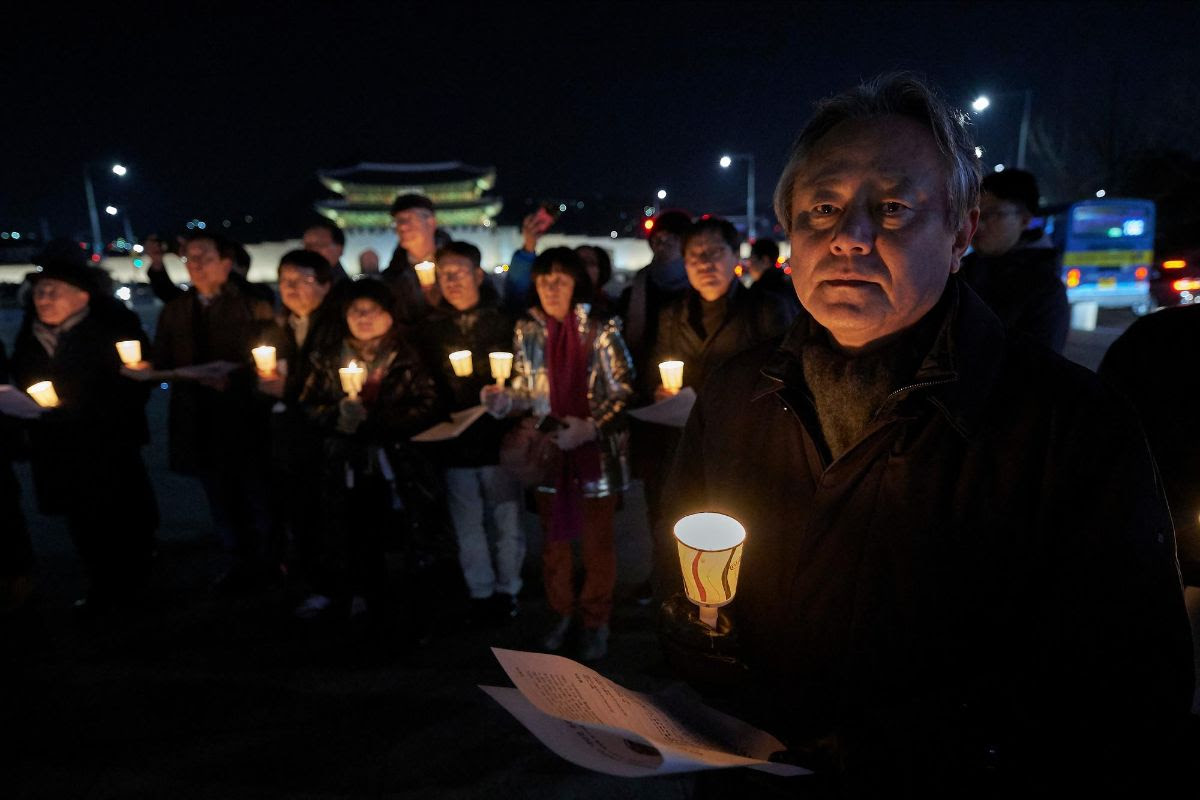“Today in the midst of the multifaceted crises driven by the global climate crisis, the continuing mutations of COVID 19, the US-China hegemonic conflict, the Russo-Ukrainian war, etc., the global superpowers are continuously designing and redesigning a Neo-Cold War Order by separating the world according to alliances and partnerships based on their own interests and values,” said Lee. By transitioning from an armistice to a peace agreement, Lee believes the division and cold war system can be unraveled, paving the way for peace and stability. The importance of the WCC's role in peace-building during the WCC 11th Assembly in Karlsruhe was emphasized by Lee. He highlighted the resolution adopted at the assembly and the agreement at the Ecumenical Forum for Korea followed by the assembly, which call for various actions to promote peace on the Korean Peninsula, including global ecumenical prayer movements, peace education, advocacy for human rights, UN initiatives, demilitarization, and nuclear disarmament. Lee stressed the need for a global ecumenical prayer movement, particularly on the "Sunday of Prayer for the Peaceful Reunification of the Korean Peninsula" before 15 August. He emphasized that prayer, not weapons, is the means for Christians to contribute to peace. He also proposed enhancing peace education and establishing a civilian alliance of peace diplomacy to analyze anti-peace realities, advocate for policy changes, and create platforms for dialogue among the youth. Lee urged the governments of both North and South Korea to prioritize healing and restoration, addressing division-driven injustices and upholding human rights. He advocated for redirecting national budgets towards peaceful coexistence and lifting economic sanctions that violate human rights. In addition, he called for UN-initiated peace-building efforts based on previous historic peace summits, and for halting military drills and cooperation in the region to encourage positive responses from North Korea. Lee proposed mobilizing global civilian power to transform the DMZ into an eco-peace zone and expanding it to encompass the entire Korean Peninsula. He also advocated for a nuclear-free zone. Lastly, he encourages active participation in the Korean Peace Appeal Campaign, involving member churches of the WCC that were combatant states in the Korean War. According to Lee, Korean churches play a crucial role in promoting peace on the Korean Peninsula, transcending ideology and cold war divisions. “By constantly affirming and practicing a spiritual-ethical stance which goes beyond the cold war-oriented ideological boundaries, the Korean churches can be an indispensable moving force of leading the two Koreas to a peaceful co-existence,” shared Lee. Lee concluded that the global ecumenical movement must change its perception of the Korean people, empowering them as active agents in stabilizing tensions caused by divisive governments. “I believe, with all these positive peace-making efforts, differences must be cherished, disputes resolved by peaceful means, nature respected by showing prudence in handling all living species and natural resources, and all these responsibilities shared multilaterally. In this course, using the Korean Peace Appeal as an entry point, the churches and Christians in the world can organize a local peace-building network weaving the web of life for healing and reconciliation of the Korean Peninsula inter-locally at the global level,” said Lee. | 





No comments:
Post a Comment